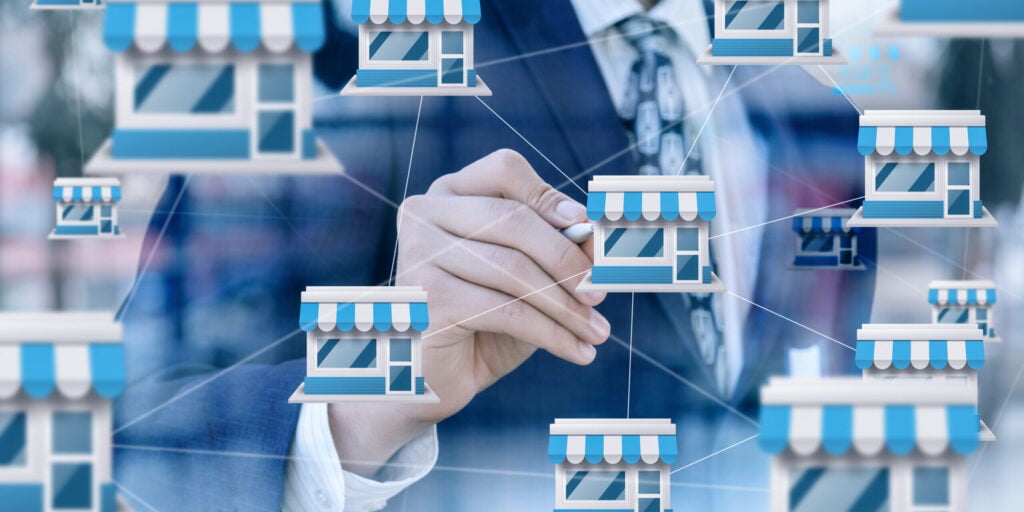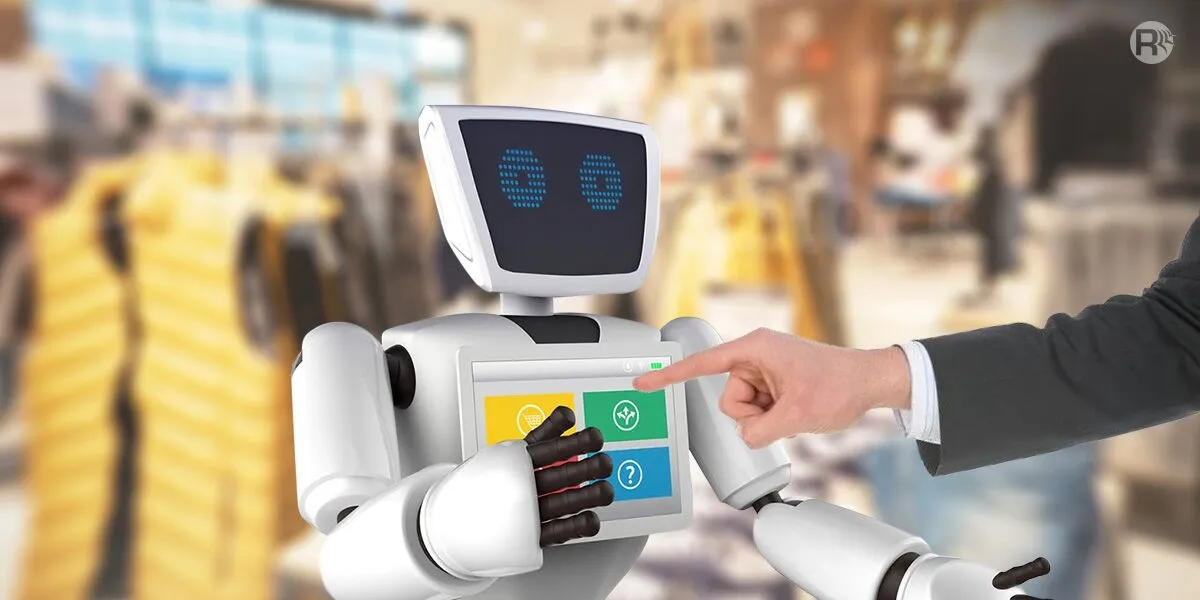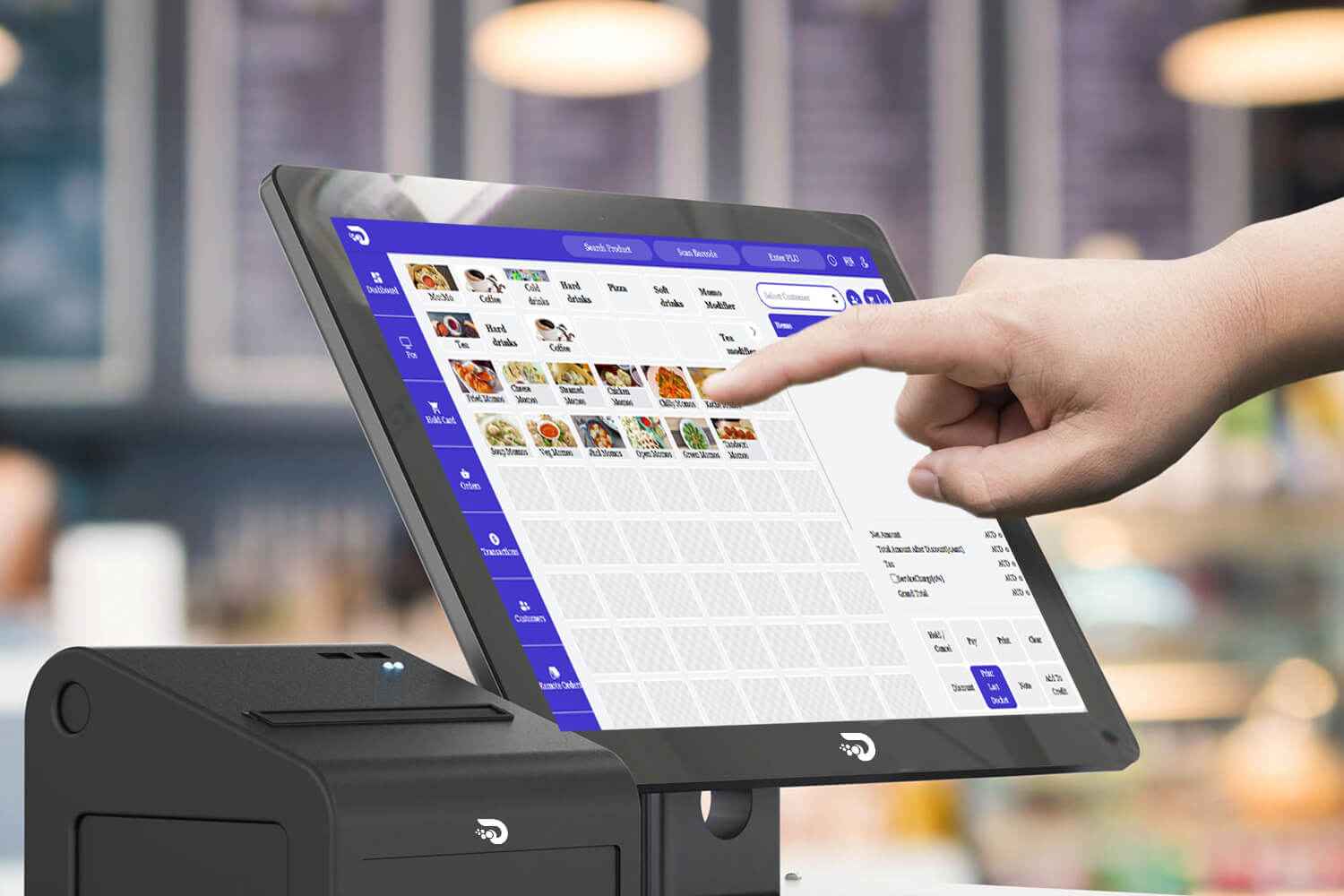What to Look for in a POS System for Multi-Location Businesses

Running a multi-location business comes with its own set of challenges. Whether you’re managing a chain of restaurants, retail stores, or service centers, keeping operations streamlined and consistent across all locations is essential for success. A Point of Sale (POS) system tailored for multi-location businesses can be a game-changer, offering the tools and insights you need to maintain control and drive growth.
In this blog, we’ll explore the key features and considerations to look for when choosing a POS system for your multi-location business.
1. Centralized Management
One of the most crucial aspects of a POS system for multi-location businesses is the ability to manage all your locations from a central dashboard. This feature allows you to monitor sales, inventory, and employee performance across all stores in real-time. With centralized management, you can:
- Maintain Consistency: Ensure consistent pricing, promotions, and customer service across all locations.
- Monitor Performance: Compare the performance of different locations and identify trends or issues that may require attention.
- Streamline Operations: Manage inventory, staff schedules, and marketing campaigns across all locations from a single platform.
A centralized system reduces the complexity of managing multiple sites and provides a unified view of your business.
2. Scalability
As your business grows, your POS system should be able to scale with you. Whether you’re opening new locations, expanding product lines, or adding new services, your POS system should accommodate growth without requiring a complete overhaul. Key scalability features include:
- Easy Location Addition: The ability to add new locations to the system without significant downtime or disruption.
- Flexible User Permissions: Allowing different levels of access for managers, employees, and corporate staff based on their roles.
- Robust Reporting: The system should offer detailed, location-specific reports as well as aggregated data for the entire business.
Choosing a POS system that scales ensures you won’t outgrow the software as your business expands.
3. Inventory Management
Effective inventory management is critical for multi-location businesses. Your POS system should offer advanced inventory tracking features that allow you to:
- Track Inventory Across Locations: Know exactly where your stock is, which location needs replenishment, and which items are moving slowly.
- Transfer Stock Between Locations: Easily transfer inventory between locations to meet demand without overstocking.
- Automate Reordering: Set up automatic reordering for products that are running low, ensuring you never run out of popular items.
With comprehensive inventory management, you can reduce waste, prevent stockouts, and optimize product availability across all locations.
4. Customer Relationship Management (CRM)
A POS system with integrated CRM capabilities can help you deliver personalized experiences across all your locations. Look for features such as:
- Unified Customer Profiles: Create and maintain customer profiles that are accessible across all locations, allowing you to track purchase history and preferences.
- Loyalty Programs: Implement a loyalty program that rewards customers for repeat visits, regardless of which location they frequent.
- Targeted Marketing: Use customer data to create targeted marketing campaigns that resonate with your audience.
A robust CRM system helps you build stronger relationships with your customers and encourages repeat business.
Also Read: The Role of AI in Modern POS Systems
5. Robust Reporting and Analytics
Data-driven decision-making is essential for managing a multi-location business. Your POS system should offer comprehensive reporting and analytics tools that provide insights into:
- Sales Trends: Identify top-selling products, peak hours, and seasonal trends.
- Employee Performance: Monitor staff performance across locations, including sales metrics, hours worked, and customer feedback.
- Financial Performance: Track revenue, expenses, and profitability for each location.
Access to detailed analytics enables you to make informed decisions that drive business growth and improve efficiency.
6. Integration Capabilities
Your POS system should integrate seamlessly with other business tools and software, such as accounting, payroll, and e-commerce platforms. Integration capabilities allow you to:
- Sync Data Across Systems: Ensure that data flows smoothly between your POS system and other business tools, reducing the risk of errors and discrepancies.
- Automate Processes: Automate routine tasks such as accounting entries, payroll processing, and inventory updates.
- Enhance Customer Experience: Integrate with e-commerce platforms to offer a seamless omnichannel experience, where customers can shop online and pick up in-store or vice versa.
Integration capabilities streamline operations and help you manage your business more efficiently.
7. Security and Compliance
When managing a multi-location business, security and compliance are paramount. Your POS system should offer:
- Data Encryption: Ensure that customer data and payment information are encrypted to prevent unauthorized access.
- PCI Compliance: The system should be PCI compliant, ensuring that it meets industry standards for secure payment processing.
- User Access Controls: Set up user access controls to limit what employees can view and modify based on their roles.
Security features protect your business and customers from data breaches and fraud.
Conclusion
Choosing the right POS system for your multi-location business is a critical decision that can significantly impact your operations and growth potential. Look for a system that offers centralized management, scalability, robust inventory management, CRM integration, comprehensive reporting, seamless integration with other tools, and strong security features. By selecting a POS system that meets these criteria, you’ll be well-equipped to manage your multi-location business efficiently and effectively, driving success across all your locations.
Visit our site at www.dibtech.com.au
Visit our YouTube channel for tutorials Dibtech






